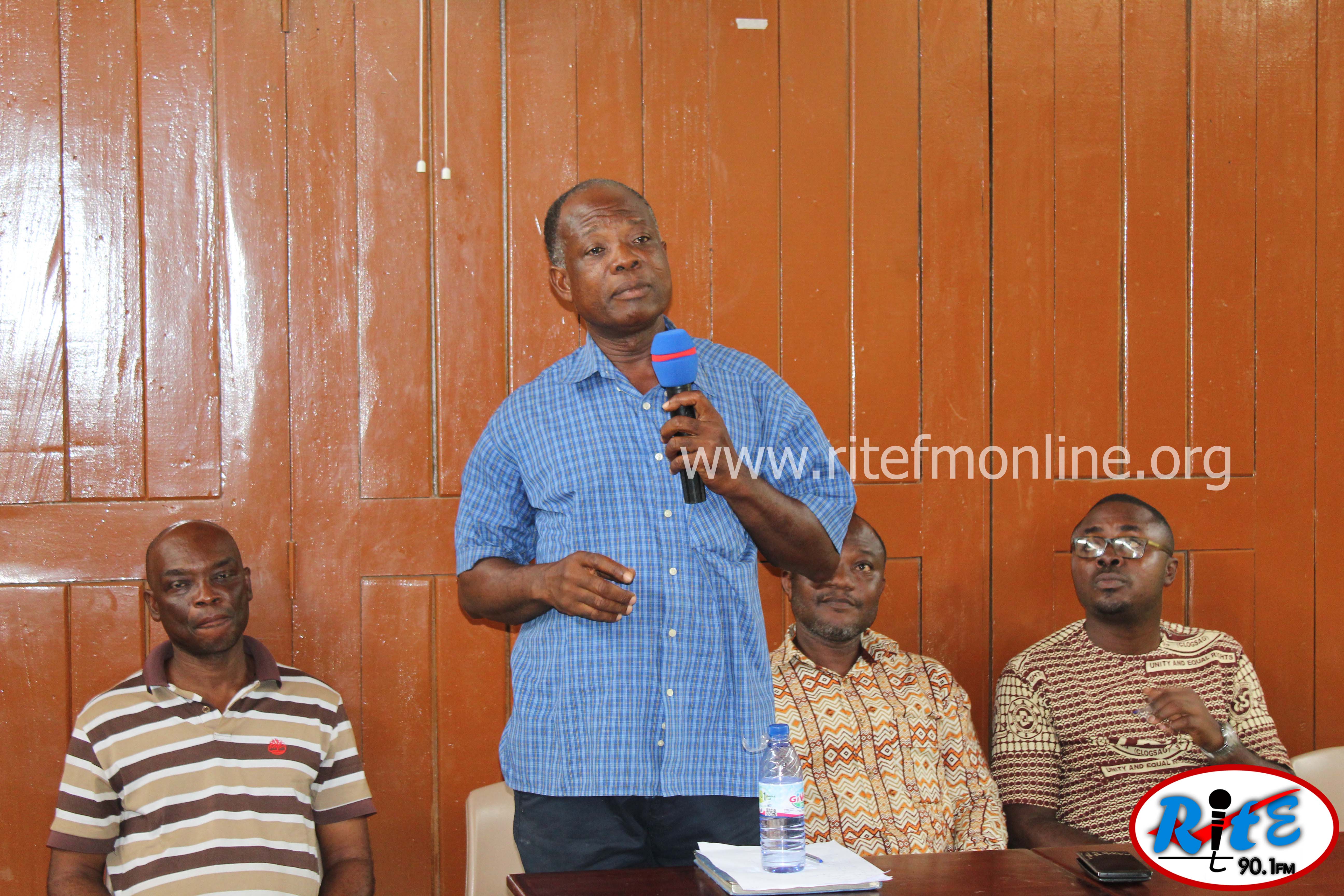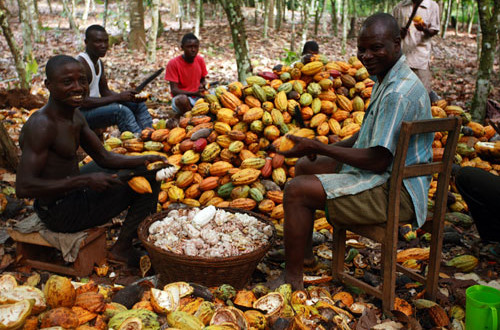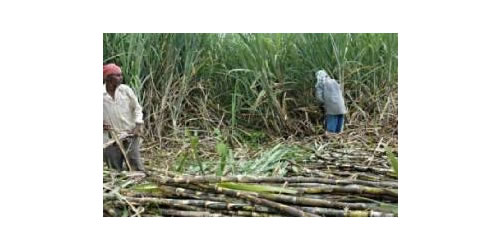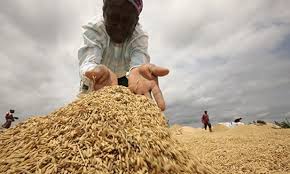One District, One Factory Project Needs Public Support
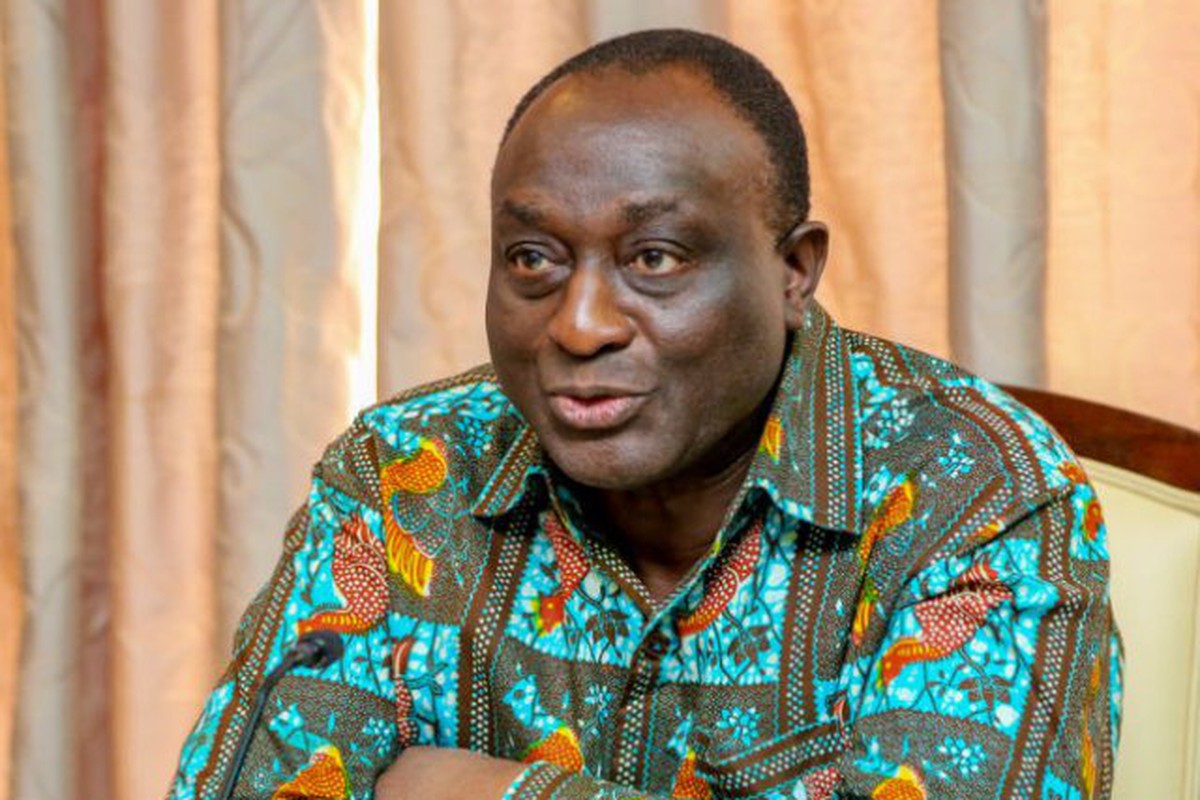
One of the major promises made by the New Patriotic Party (NPP) in its manifesto for the 2016 presidential and parliamentary elections was the establishment of factories in all the 216 districts across the country.
The idea behind the promise, dubbed: ‘One District, One Factory’, is to Accelerate Ghana’s industrialization by setting up at least one medium-sized factory in each of the administrative districts of Ghana.
The policy seeks to promote commercially viable business development initiatives to engender sustainable and accelerated economic development, especially for the rural communities.
The policy is an attempt to deal with the massive unemployment situation and the severe poverty and underdevelopment among rural communities through the establishment of an institutional framework that will attract private sector participation in business development activities.
It also seeks to promote citizens’ participation and new community-based public/private partnerships for rural development. In the run-up to the December elections, majority of Ghanaians who had been living witnesses to the huge number of unemployed youth, saw the compelling need to embrace the NPP’s idea of job creation through the establishment of factories in every district.
Even though most people, especially the enfranchised, believed that the party was capable of fulfilling that promise if it got the nod from Ghanaians, some other political parties poo-pooed it and described it as worthless and unattainable.
To many, and especially the skeptics, that and other promises made by the NPP, including its flagship programme of free senior high school; one village, one dam; $1 million for every constituency every year, among others, contributed to the overwhelming victory of the party in the polls.
Now, the one district, one factory project is set to take off in grand style, with the government allocating GH¢456 million towards the project. Additionally 47 districts have so far been identified for the construction of the first batch of factories in the last quarter of 2017.
As I stated in an interview with a national television station in April, the one district, one factory project is one of the easiest manifesto promises of the NPP, which are easily attainable.
Research conducted by one of my establishments recently revealed that many factories under six different categories could be established across the 10 regions of Ghana ( The research findings will be presented to the President in due course).
The potential projects are agric/agro/value addition, livestock rearing, mining (salt, etc), aquaculture, art and craft and manufacturing. It is interesting to note that agroprocessing dominated the list and most of these factories can be replicated in many other districts. Out of the lot, I just want to pick on what magic can be done in just five out of the 216 districts which were covered by the survey.
Adansi South
The Adansi South District has very suitable soil and climate for coffee cultivation. Coffee production in the district is viable and very encouraging.
Don’t forget that in 2016, Mr Kwabena Boateng of Brofuyedru was adjudged the National Best Coffee Farmer. The establishment of a coffee-processing venture in the district will, therefore, encourage farmers to increase their production.
Ahafo Ano South
The Ahafo Ano South District is one of the leading cocoa producers in the Ashanti Region, with abundant cocoa resources from the district and neighbouring districts to feed the proposed cocoa beverages and beer processing plant there.
There exists a viable local market for the products, and in addition to the several hundreds of jobs to be created, the proposed project will also make cocoa farmers the primary consumers of their produce.
Wenchi municipal
About 321,000 metric tonnes (2012) of tomatoes is cultivated annually, valued at US$118m, while 75,000 metric tonnes is imported annually to augment the shortfall. Additionally, 92,120 tonnes of tomato paste, valued at US$78m, is imported annually. In 2013, tomato products imported amounted to US$112.1 million.
There is opportunity for the establishment of tomato fruit terminal in the district for packaging grade ‘A’ tomatoes into consumer packs for the fresh produce market and processing the other grades into dried tomatoes, tomato paste and tomato puree.
Awutu Senya West
The district has enclaves of commercial pineapple farms, including Jei River Farms, George Fields Farms, Prudent Farms, 2K Farms, among others, which mainly export raw pineapples.
The strategic location of the district in relation to Accra and the Tema ports gives a comparative advantage for the establishment of these large-scale pineapple and citrus farms and a processing factory for export and the local market. MiDA has also constructed roads and provided pack houses and credit facilities for FBO to facilitate pineapple, pawpaw and citrus production for export and the local market.
Upper Denkyira East
The Upper Denkyira East municipality is the leading fish farming (aquaculture) district in the Central Region and has produced a number of regional award winners in fish farming. Fish farming is attractive in the municipality because it has a lot of wetlands capable of holding water throughout the year. Underground fresh water is not salty and the soil texture enables ponds to hold water without drying up.
In view of the huge potential the municipality has in fish farming, the Fisheries Commission started building a hatchery in Dunkwaon- Offin, but the project later got embroiled in problems which were social and technical, and have led to the abandonment of the project.
Ningo-Prampram
The Ningo -Prampram District holds so much potential in respect of dairy milk production and processing. The coastal savannah plains of the district offer an optimum condition for cattle rearing. The district already has a very significant population of cattle, and the conditions are ripe to establish a commercial dairy farm in the district.
There is also the potential for milk collection from outgrower networks of dairy farms in the neighbouring districts. The demand for milk and other dairy products in Ghana is rising rapidly and this project will, therefore, contribute substantially towards meeting the increasing appetite for milk and milk products from an ever-growing population.
There is a viable opportunity to also invest in processing lines and equipment for treating raw milk, filling and packaging milk and milk-based products — from butter, ice cream, yoghurt and cheese to infant formula, milk powder and whey and its derivatives.
Zabzugu district
The district has the right climate and environment for commercial production of guinea fowls. Its proximity to Togo further presents an opportunity to market the products to the wider subregional markets. The proposed project envisages hatching, brooding and growing for egg and meat production.
The proposed project can employ about 600 youth (200 females and 400 males).
Akatsi North
The Akatsi North District in the Volta Region is famous for sweet potato production. The district has the right soil and climate for the cultivation of the crop. There is, therefore, the opportunity to increase its production and process the crop into various products as a means of creating jobs and transforming the local economy.
Public support
One good thing about this initiative is that all the necessary raw materials and other inputs needed for a take-off are available in all the districts where these factories will be sited. Above all, the government, I believe, is making the necessary arrangements to provide the much needed markets for the products from these factories.
By this, the campaign to encourage the citizenry to patronise locally manufactured products has to be stepped up. In that same vein, the government must introduce a legal regime to protect these local industries from the ongoing dumping of goods from certain countries which kills local industries in terms of price and hyped quality.
My concern is that this is the best initiative to be introduced by any regime which seeks to redeem the country’s depressed economic fortunes. It needs the support and participation of all Ghanaians because, to me, if this government fails, we shall all be in trouble.

